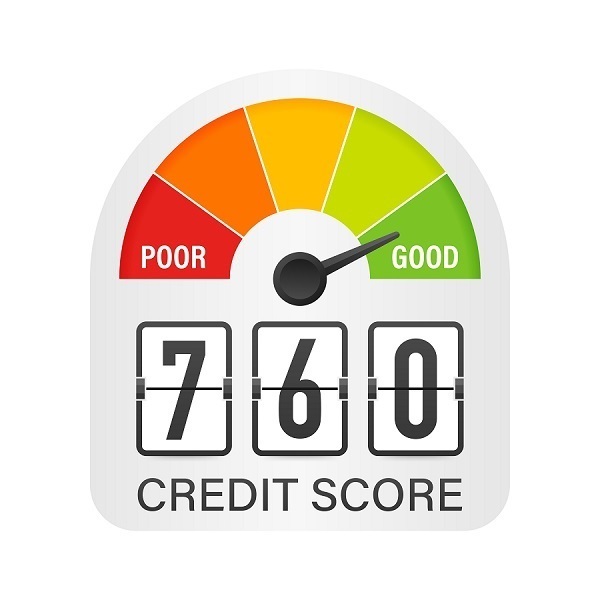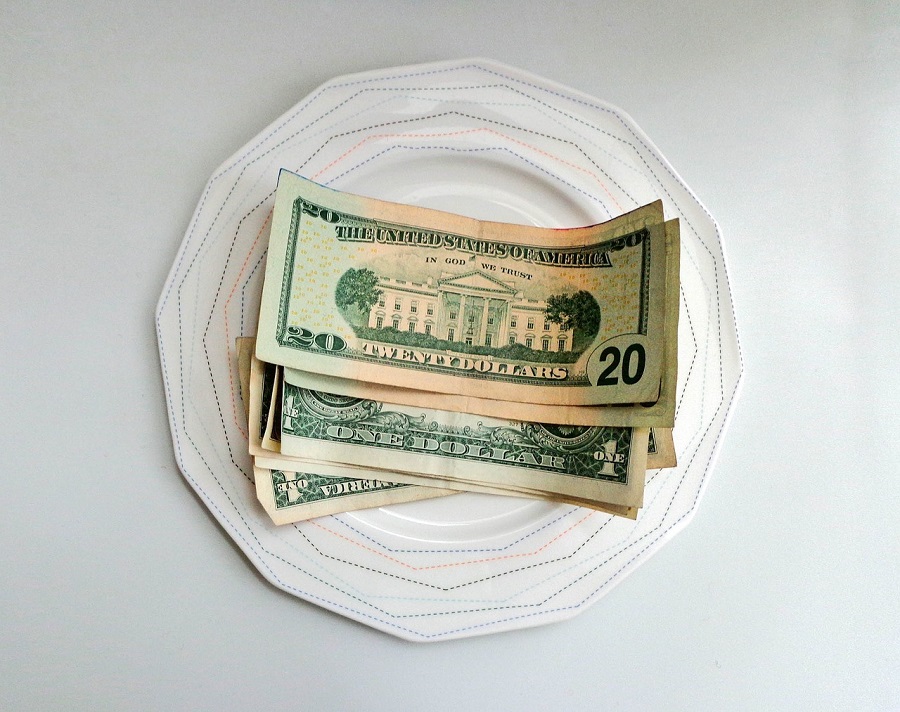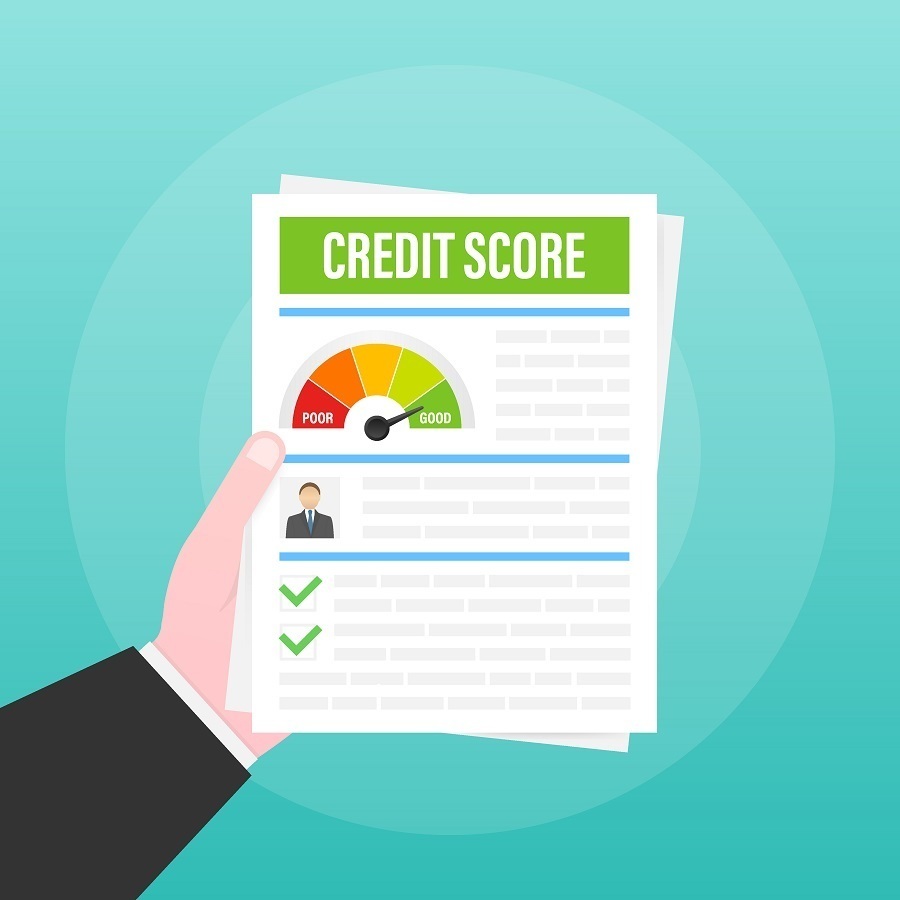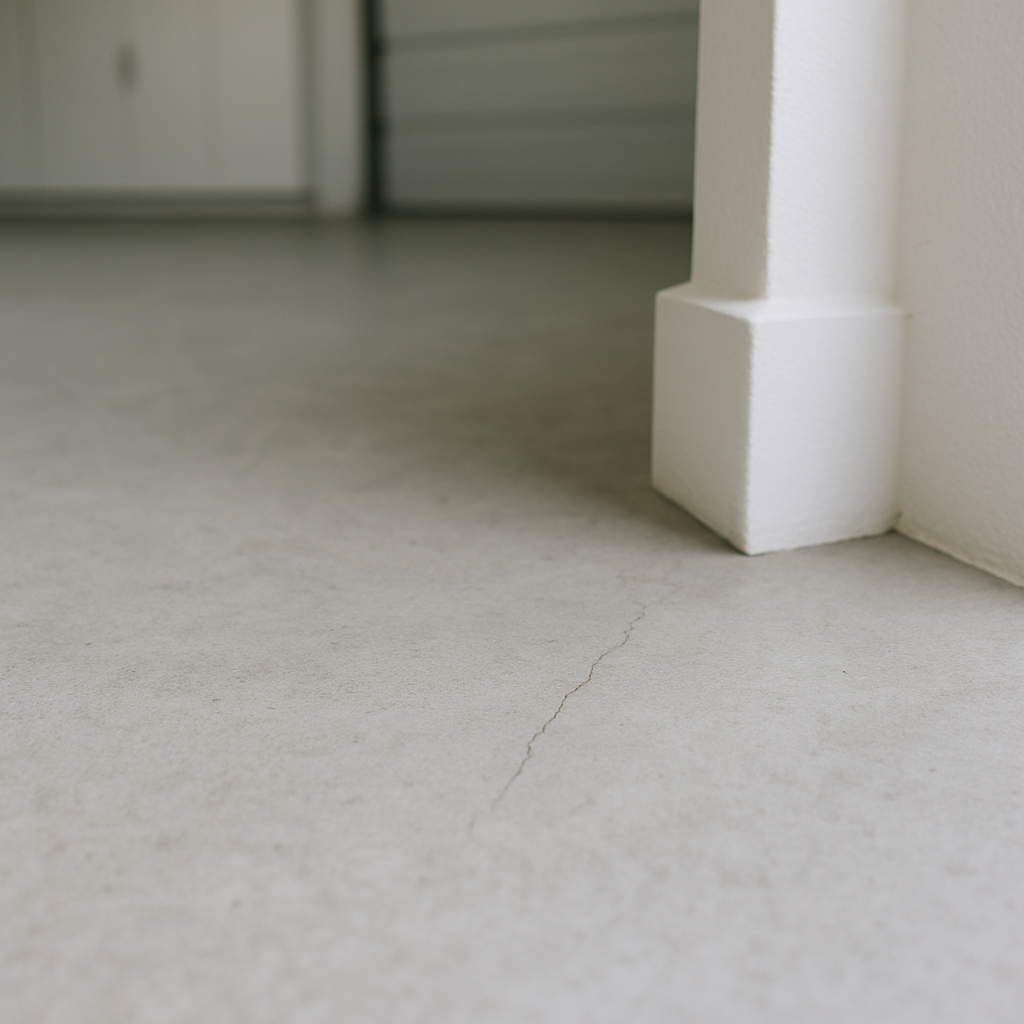Last updated on
Want to get a home loan? Here’s how you can improve your chances greatly. Follow these six strategies. Read on!
Buying a home is an exciting time. However, it can turn stressful in a hurry while trying to secure a home loan. While there are various approaches to getting a mortgage, raising your credit score is the best way to improve your chances.
A conventional home loan requires a credit score of 620 or higher. Here are some strategies for boosting your credit score and improving your chances of getting a home loan.
What's Inside
Monitor Your Credit Report

Before you start searching for a loan provider or scouring through MLS, you should pull your full credit report. While knowing your score is essential, understanding the factors behind it can help you make targeted changes.
Looking at your credit report will showcase which negative items are impacting your score. This will give you direction for changing your habits to improve your score and give you a chance to identify any errors that should be corrected.
Set Automated Bill Payments

Paying your bills on time is crucial for improving your chances of securing a home loan. Did you know that late payments have a huge impact on your credit score? Fortunately, with modern technology, it’s easier than ever to ensure your bills are paid on time.
Set up automated withdrawals to a separate account on payday to account for the bills that impact your credit score— your phone bill and credit card payments, for example. Then, set automated payments according to the monthly payment schedule outlined by each vendor. This simple set up helps prevent late fees and improve your credit score while you sleep.
Dispute Erroneous Items

As you scour through your credit report, note any incorrect items. These items could include collections reports from outside the statute of limitations or something you don’t remember approving.
Once you’ve highlighted these items, you can request data validation and dispute items that shouldn’t be present. Having negative items removed will improve your credit score and improve your chances of securing a home loan.
Improve Your Debt Ratio

Another factor that impacts your credit score and your chances of getting a home loan is your debt ratio. The more debt you carry, the lower your credit score. However, the more credit you’re approved for in comparison to how much you use, the better your credit score will be.
Improve your debt ratio by paying down your existing debt and leaving the account open. This strategy shows that you’re a responsible borrower and only use credit when necessary.
It can be beneficial to have a DIY debt payback plan in place to pay down your debt and improve your debt ratio. While there are many ways to go about this process, here are four proven strategies for paying off your debts.
Debt Snowball
The debt snowball was made famous by financial guru Dave Ramsey. This strategy is designed to help create sustainable changes to your spending and instill healthy financial habits that you can scale and grow.
For the debt snowball, you start by paying off the smallest debt first. This approach is controversial for some, as the larger debts are more meaningful in terms of your debt ratio and interest payments. However, paying off the smallest one first creates a sense of accomplishment that gives you the momentum you need to keep going.
As you pay off that small debt, you use the money you would be spending on monthly payments to pay off your larger debts. With time, your debt payments get exponentially better—similar to a snowball growing as it rolls down a hill.
Debt Avalanche
The debt avalanche takes the opposite approach of the debt snowball. With this strategy, you start chipping away at the most considerable debts first to lower your interest payments. You use the money saved in interest to increase your debt payments with each passing month until you can move on the smaller amounts.
The benefit of the debt avalanche is that it attacks the biggest offender first. However, it can be overwhelming to see those moderate changes during the first while.
Debt Landslide
The focus of the debt landslide is to pay off the most recent debt, as it’s the most heavily weighted in your credit report. This strategy is especially useful for people who want to improve their chances of purchasing a home, as the effects on one’s credit score are immediately apparent.
The downside of this strategy is that you aren’t always paying down the debt with the highest interest or creating a sequential debt payment plan.
Debt Cascade
The debt cascade is the least impactful of all the strategies. However, it’s incredibly effective for people who struggle to make their minimum payments and are working to change their budget.
With the debt cascade, you make the minimum payment on time. Then, you don’t use that account again. The next month, you pay the same amount, which will be slightly higher than the new minimum payment. You continue paying that initial amount to slowly chip away at the debt without altering your budget.
With these four strategies, you can improve your chances at securing a home loan.
Hit the Minimum Payments

If things are tricky and you’re struggling to pay your debt, be sure to hit your minimum payments every time. This bare minimum keeps your credit score in check and helps keep the issue from spiraling out of control.
Consider using a debt paydown strategy that helps you shift away from using credit and helps you pay the minimum payment plus a little extra.
Limit Your Hard Inquiries

There’s a common misconception that checking your credit score or pulling your report will negatively impact your credit score. Like many misconceptions about money, it stems from the truth. However, there’s a difference between soft inquiries— like checking your credit score— and hard inquiries— like having a car dealer pull your credit score.
Soft inquiries do not impact your score. Hard inquiries, on the other hand, have a small effect. While it shows the credit bureaus that you’re looking for a loan, it’s not as impactful as late payments or collections items. However, limiting your hard inquiries when looking at loan rates and shopping around can help keep your score steady and improve your chances.
Use these tips to improve your credit score and your chances of securing a home loan. Remember that the better your score, the better your interest rates will be.




